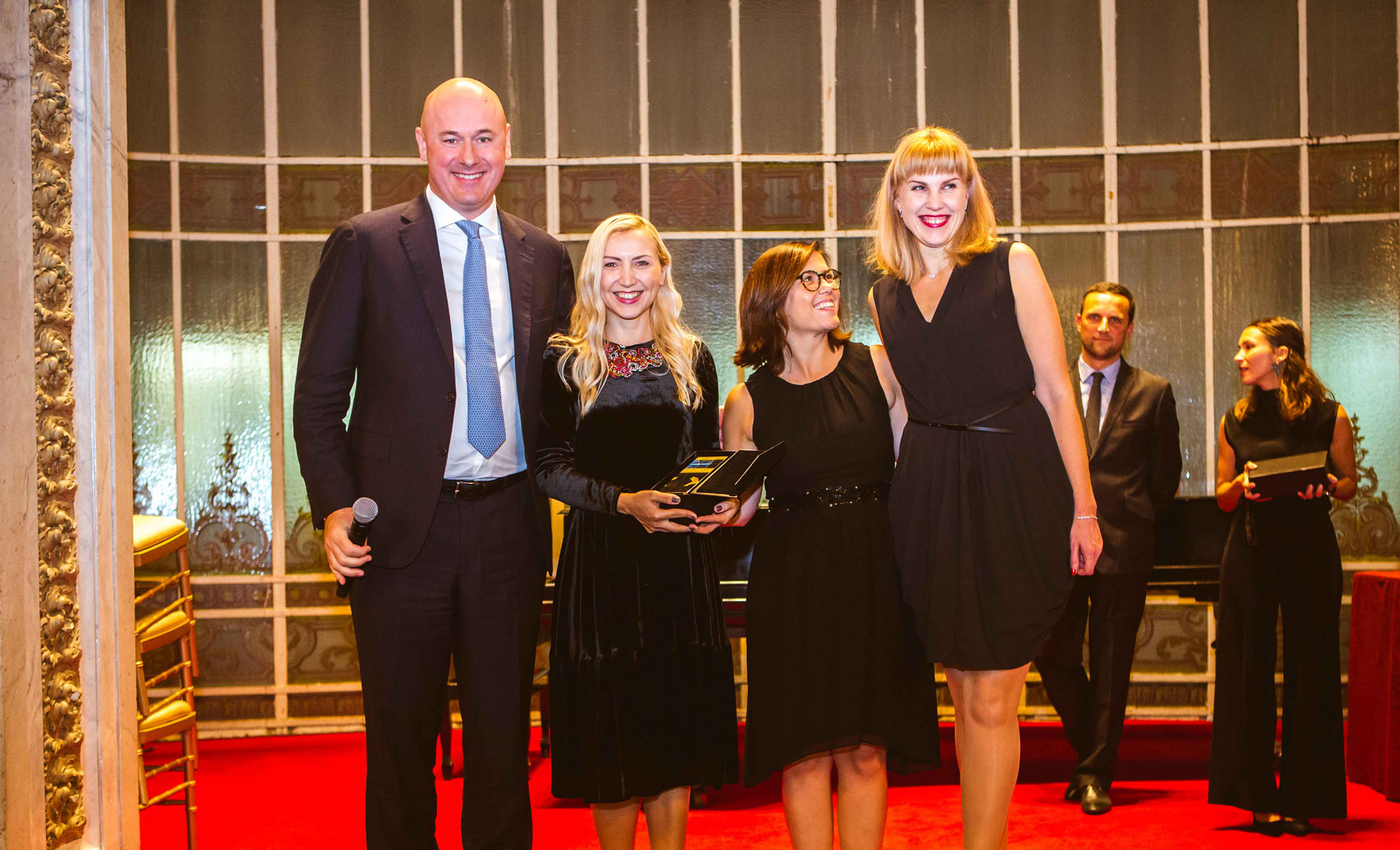Accountant becomes adviser
Whilst habits can be hard to break, you need to keep up with, if not get ahead of, the times to stay competitive and grow. For Rimess, this meant that the expectations of the work of an accountant started to change around the turn of the century. From that point, the team of accountants, which had grown to almost 20 by then, took on the role of advisers in addition to crunching numbers – all in order to provide added value to clients. After all, an accountant has a lot of information about a company at their fingertips and they can use it to suggest to a client how to do things more efficiently or, for example, to warn them if budget implementation in a particular area is significantly different from what was forecast.
By the mid-2000s, the Accounting Department, which had grown year on year, already had 25 employees and was providing services to more than three hundred small and medium-sized public and private organisations. However, despite the fact that accountancy traditionally provided a third of Rimess turnover, the company was known to the outside world primarily as an audit firm. This left the accountants feeling as though auditing was the be-all and end-all and that accounting was a less important service.
Anastasia Borovaja, who took over as head of the Accounting Department in 2013, set out to change this. A formal department of more than 20 employees had to become a team that worked extremely well together, helped one another and had a clear understanding of the importance of their work. Borovaja explains: “We don’t just do accounting. We often open the door for clients to the world of our advisory services, such as financial or tax advice.” In order to create a close-knit team, existing working arrangements were changed, special attention was given to effective training, a target was set for the introduction of technological solutions to make work more efficient and quality control procedures were put in place and monitored by a quality manager.
Payroll professionals working in Estonia, Latvia and Lithuania received the ADP Award for Performance Excellence in 2018. The award recognises the partners of business services provider ADP around the world who have done an excellent job over the year in managing payroll for ADP clients. In the photo are Lithuanian Partner and Head of Accounting Services at Grant Thornton Baltic Milda Mikušauskienė (right) and Anastasia Borovaja (third from the right) with ADP representatives.
As the number of accountants had increased to 40 by 2017- 2018 and the workload kept growing, there was a need for reassurance that all clients would continue to receive first-rate service even if the accountant dealing with the client fell ill or went on holiday. The firm clearly had to think about optimising its organisation of work. Rimess had once used a system of accountants working in small teams and decided to try this again in 2018. Ever since then, its accountants have been working in teams of five or six. Each team has a shared client portfolio, which means that although each client has its own accountant, all of the team members are familiar with one another’s clients. This makes it possible to cover for a colleague whenever necessary. Each team also has a leader, an experienced accountant who gives their team advice and support.
Life showed that working in small teams paid off. When considering the advantages of the team system, Borovaja says that accountants get professional support from colleagues and managers, but with the added bonus of being supported and encouraged when difficult situations arise. In terms of peace of mind, the possibility to go on holiday knowing that your colleagues are taking care of your clients is invaluable. Borovaja explains: “client service is not interrupted if unexpected situations arise, such as an accountant going on holiday or leaving the team altogether.”
The fact that the needs of clients have become more complex year on year is also a challenge, and the client portfolio is also different. Borovaja recalls that in 2013, service was mainly provided to small and medium-sized Estonian private limited companies, with payroll services being provided to some larger organisations. Now, 80-90% of new clients are also Estonian companies, but with an international reach.
The range of services has also changed, with fast-growing companies planning to expand cross-border and needing tax and legal advice in addition to accounting. “That means our accountants have to cope with simpler issues themselves,” says Borovaja. “We train our people regularly and our accountants have knowledge that the average accountant doesn’t have.” The fact that Grant Thornton Baltic is one of the few accounting service providers in Estonia that serves crypto companies also gives some idea of the large and at the same time specific knowledge base of its accountants. Their expertise is also generously shared so as to develop the accounting field. Grant Thornton Baltic is a member of the Estonian Assembly of Accountants and participates in its Accounting Services Panel.


